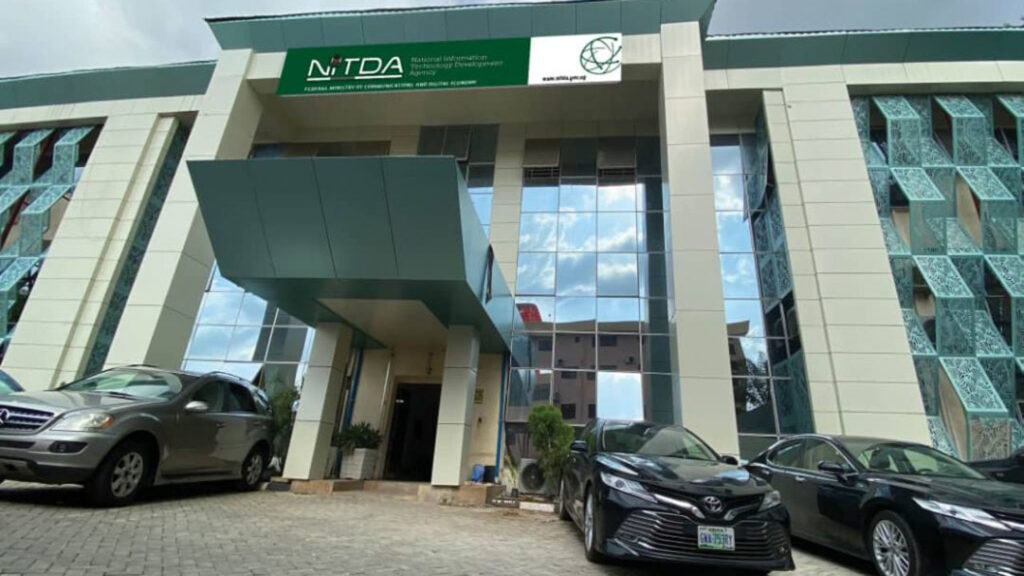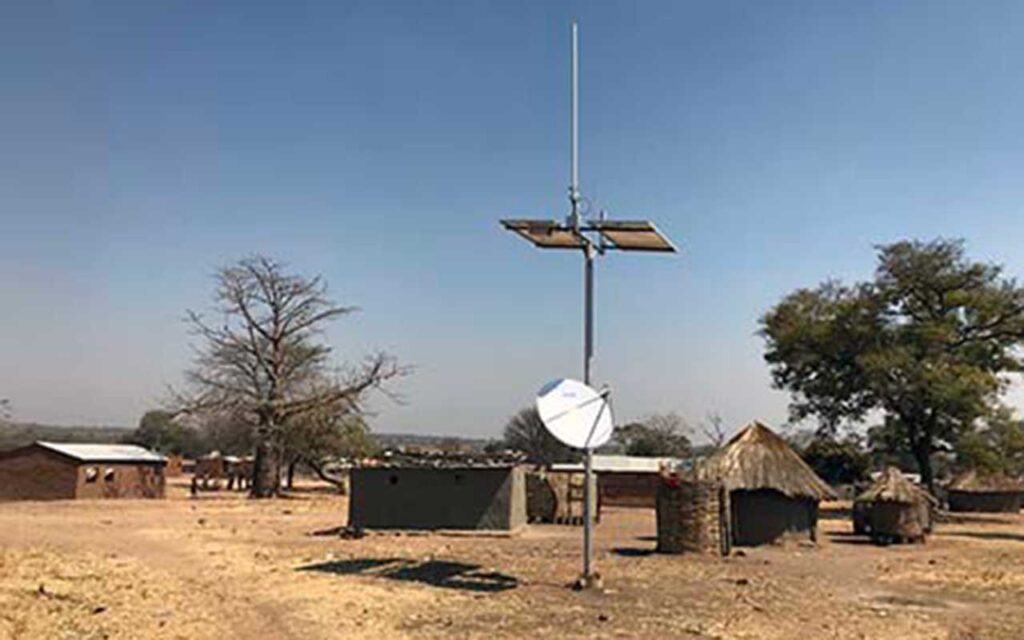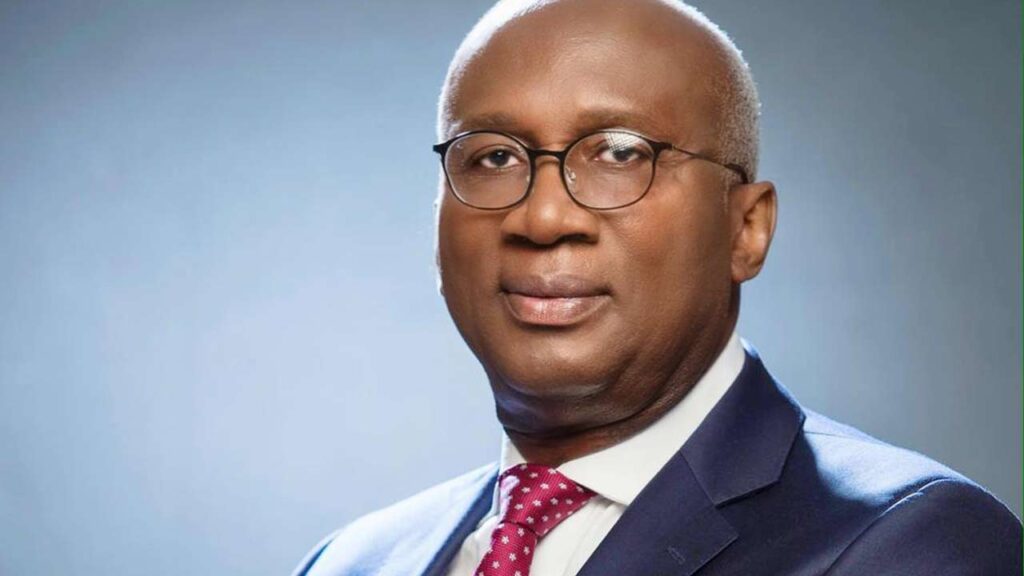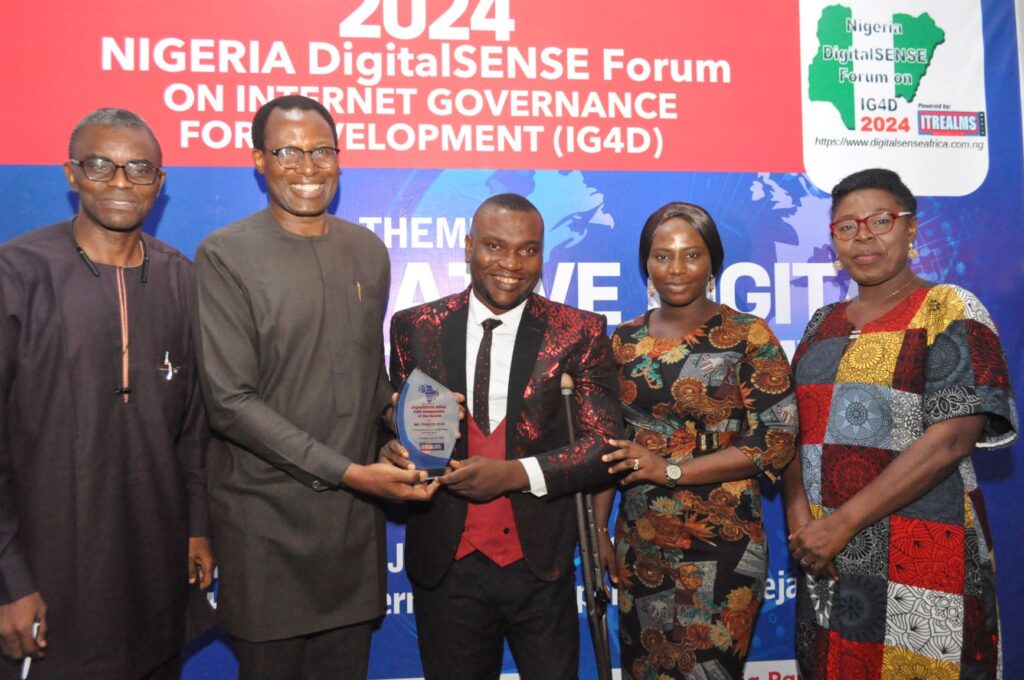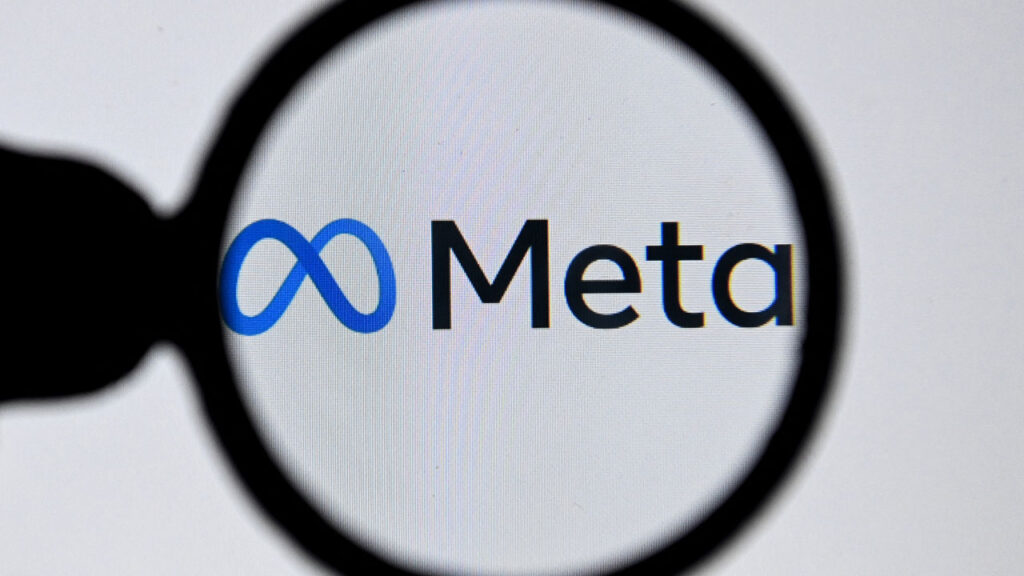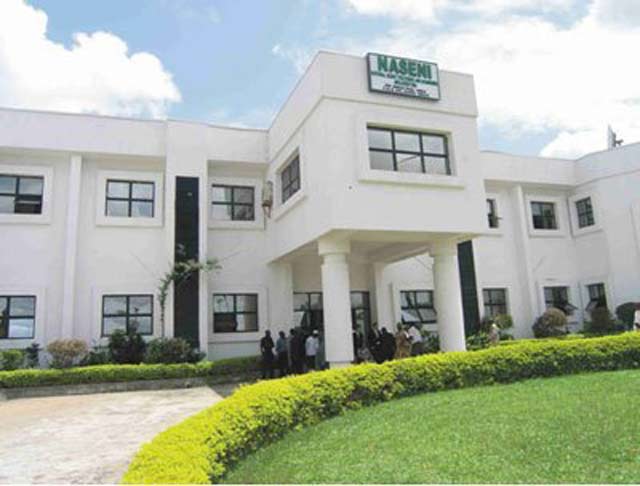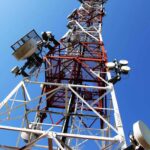
About N800 billion domestic investments were recorded in Nigeria’s telecommunications industry between 2015 and now.
The Nigerian Communications Commission (NCC), which disclosed this in a document, said within the period over $2 billion came in as Foreign Direct Investments (FDIs).
The document, which was presented by the Executive Vice Chairman of NCC, Prof. Umaru Danbatta, to the new Permanent Secretary, Ministry of Communications and Digital Economy, Festus Yusuf Daudu, did not give the major channels through which the investments came was not focused.
However, these investments saw expansion in the industry, and deployment of 3G and 4G base transceiver stations (BTS) rose from 30,000 to 53,460, while Fibre Optic Transmission cables expanded from 47,000 km to 54,725km in the last five years, resulting in improved broadband/telecoms service delivery. This resulted in an increase in broadband penetration from six per cent in 2015 to 45.07 per cent as of November 2020.
Findings by The Guardian showed that deploying a telecoms mast in Nigeria cost as much as N40 million.
The document also revealed that the Commission also issued landing permits to 53 Geo Satellite Orbits (GSO) Space Stations, and 923 Non GSO (NGSO) Space Stations within this same period.
NCC said it remitted Spectrum Fees amounting to N144.312 billion to Consolidated Revenue Fund Accounts (CRF) of the Federal Government from 2015 to date. The Commission said telecoms contributions to GDP grew from 8.5 per cent (Q4 2015) to 14.3 per cent Q2 2020.
Further, Danbatta said the Commission has positioned itself in government’s drive for a digital Nigeria, as contained in the Nigerian National Broadband Plan (2020 – 2025), the National Digital Economy Policy and Strategy (2020 – 2030) and the Strategic Management Plan (2020 – 2024).
“The Commission will continue to put in its best in the discharge of its mandates, especially in facilitating the deployment of broadband, which is central to diversifying the Nigerian economy and national development. Also, it is our belief that the communications industry, under the leadership of the Ministry of Communications and Digital Economy, will experience more quantum leaps and retain its current leadership role in the telecommunications space,” he said.
Danbatta explained that NCC is in process of unveiling a new SVP (2021 – 2025), the successor to the SVP (2015 – 2020).
Importantly, he said several notable advancements have been observed in the Nigerian industry within the last five years. From 2015 till date, virtually all activities, programmes and projects by the Commission internally and externally have been guided by the SVP (2015 – 2020), and the 8-Point Agenda.
According to him, the new plan has further been aligned to conform the NNBP (2020 – 2024), the NDEPS (2020 – 2030), the SMP (2020 – 2024), and the ITU strategic plan (2020 – 2023).
He said the plan also caters for clear-cut separation of progress from the plan, key performance indicators developed from inception, activities tied to implementation responsibility matrix, outcome-based and recommendation-driven follow-up actions.
Meanwhile, the NCC is still worried that these challenges, including Quality of Service (QoS); multiple taxation and regulation; Right of Way (RoW) issues; power supply; damage to telecommunications infrastructure during road construction; vandalism, and insecurity, have remained despite efforts aimed at mitigating them.
Danbatta said multiple taxations has been a major challenge bedevilling the industry, which has affected the deployment of infrastructure and the expansion of telecommunication services, adding that the Commission is engaging with relevant authorities to harmonize these taxes and regulations.
The NCC EVC reminded that the improvement of power supply to the sites of telecommunications services will have the dual effect of reducing operating costs and improving QoS delivery.
On national security, Danbatta revealed that one of the key objectives of the Commission as enunciated in the NCA 2003, is to promote and safeguard national interests, safety and security.
Therefore, he said the Commission is facilitating the provision of industry field data to law enforcement agencies on a quarterly basis, to aid geolocation capabilities and investigations of telecoms related activities.
He said NCC is collaborating with National Identity Management Commission (NIMC) on the integration of SIM registration with its database, adding that there is an Emergency Communications Centre (ECC) for reporting of emergencies using the toll-free line number 112.
On the harmonisation of Right of Way (RoW) charges, Danbatta said the engagement of the Minister of Communications and Digital Economy, Dr. Isa Pantami, with the Nigeria Governors Forum, has led to the adoption of a maximum of N145/m RoW fees in Kaduna, Katsina, Imo, Ekiti, Kwara and Plateau States.
He stressed that the high RoW charges across different states of the federation have negatively impacted the required expansion and rollout of fibre optic across the country. Danbatta noted that the harmonization of RoW charges will increase investment and expansion of critical transmission infrastructure.



